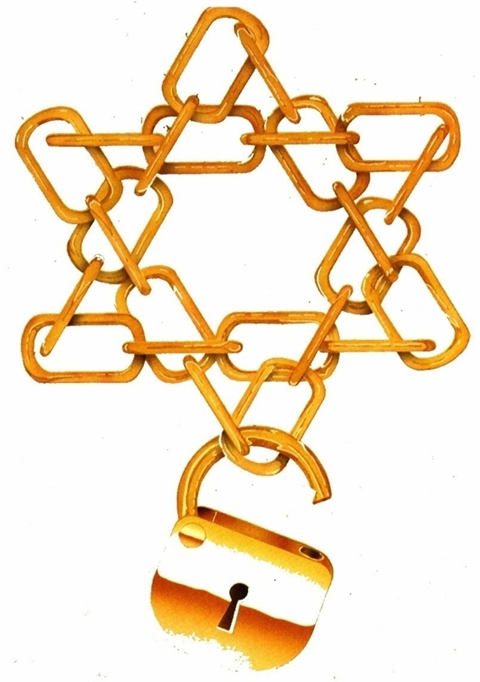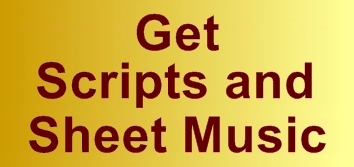About the Director, Author/Composer and Cast
|
|
|
Director: Leroy Nienow
|
Author/Composer: Dennis O'Donnell
|
|
|
|
The Cast
|
Michael Fox:
|
Elder Apostle John
|
Kjerstin Cunnington:
|
John as a boy
|
(private)
|
James as a boy
|
Becca Gellman:
|
Rebecca
|
Monica Ballard:
|
Mama *and* Blind Woman
|
Bill Phillips:
|
Papa *and* Temple Priest
|
Leroy Nienow:
|
Caiaphas
|
Les Best:
|
Jesus *and* Pontius Pilate
|
Carnie Littlefield:
|
John as a young disciple
|
Dale Dye:
|
James as a young disciple
|
Jim Ballard:
|
Simon Peter
|
Jill Blackwood:
|
Mary Magdelene
|
| | |
About the Musical
|
|
"For the LORD will pass through to smite the Egyptians, and when
He sees the blood on the lintel and on the two doorposts, the LORD will
pass over the door and will not allow the destroyer to com in to your
houses to smite you. And you shall observe this event as an ordinance
for you and your children forever.
|
|
It is of profound significance that the only command God ever gave
specifically to be observed "as an ordinance... forever" was the
Passover. While it may be understood that Gods Laws are all
"eternal", He found it important to "spell it out" in regards to
the observation of the Passover. In common Jewish teachings, this
meant the Passover should be observed even after the Messiah had come.
|
|
Sadly enough, probably the majority of Christians in the world
have no idea what the event often called "The Last Supper" really
was. "The Last Supper" is most often though of as something of a
"farewell gathering" that Jesus decided to have on the eve of His
crucifixion. It is seen as the "first" of future "communions"
which we are to share, and the bread and wine shared in that
"farewell gathering" take on a mystical symbolism, even to the
point that they are considered by many to be the literal body and
blood of Jesus Christ.
|
|
"The Last Supper" was, in fact, a Jewish Seder - the comemoration
of the Passover. For more than a thousand years before the night
that Jesus and His disciples gathered in the upper room, Israel
had celebrated their freedom from Egypt in the way God had
commanded, partaking of unleavened bread and wine, and eating of
the Passover lamb which had shed its blood that they might be
spared from Judgement. The institution of the Passover was, in
itself, perhaps the single most important prophesy pointing to
the coming of the Messiah, and God had Israel rehearse the event
more than a thousand times in preparation.
|
|
The purpose of the musical "The Passover" is to glorify God, to
share the message of the Gospel, and to enlighten, educate and
edify those that are already believers in Jesus Christ.
While having a "perfect knowledge" of what actually transpired in
the Upper Room is, in itself, not of critical significance in terms
of receiving Gods salvation, understanding what "The Last Supper"
was really about can only deepen our understanding of Gods love,
His provision, His eternal plan of salvation and redemption for
us. From it's very-Jewish standpoints, the musical can be
eye-opening, especially in terms of how God had specificaly
designed events in history to point to His ultimate Passover Lamb,
Jesus Christ.
|
|
The music of "The Passover" is timeless, like it's message. It is
not "trendy", and most certainly is not destined for the "pop charts".
But for this reason, "The Passover" endures. It can be aired on
radio stations or presented by churches year after year, and never
lose it's relevance (nor it's charm), because it's relevance is not
dependant on "trends". For this reason, the vision for The Passover
is long-term.
|







